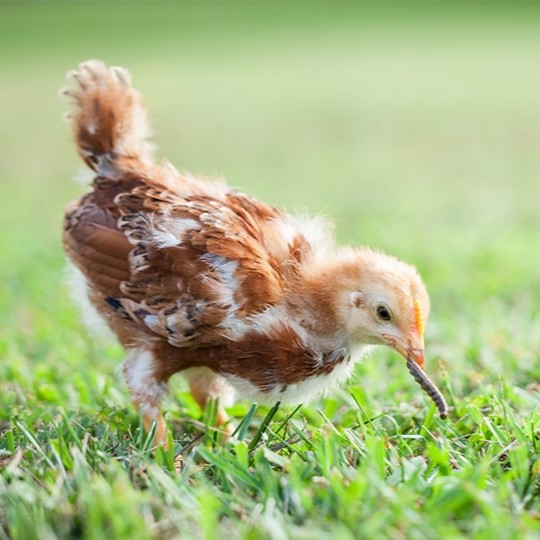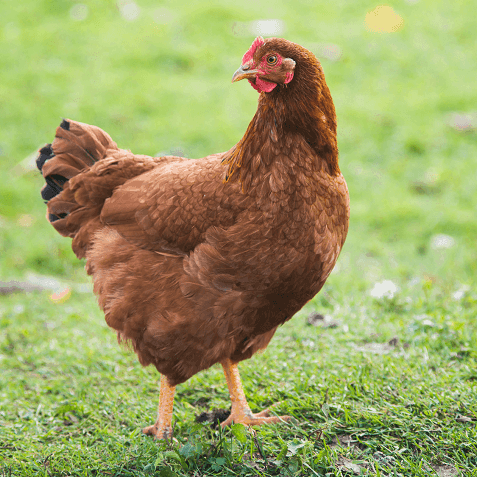Description
Profitable free-range egg production relies on thoughtful management strategies, ethical considerations, and sound business practices. To achieve success in this sector, farmers must prioritize several vital factors.
Firstly, housing and the environment play crucial roles. Providing adequate space per bird, ensuring shelters are well-ventilated and designed to protect against predators, and maintaining clean, dry bedding are essential. A healthy environment reduces stress, minimizes disease risk, and promotes natural behaviors such as foraging, which enhances egg quality and bird welfare.
Secondly, nutrition and feeding are fundamental. Free-range hens have access to natural forage, but supplemental feed is necessary to ensure balanced nutrition, especially in adverse weather conditions or non-foraging times. Formulating feeds that support optimal egg production and health, possibly with organic or specialized ingredients, can distinguish products in the marketplace.
Thirdly, health management is critical for sustainability. Implementing biosecurity measures to prevent disease outbreaks, regular health checks, and timely veterinary interventions are essential. Natural remedies and preventive care can reduce antibiotic reliance, aligning with consumer preferences for sustainable and health-conscious products.
Fourthly, ethical and welfare considerations are increasingly significant. Consumers value transparency and humane practices, necessitating compliance with animal welfare standards and certification programs. Communicating these practices through labeling and marketing builds consumer trust and supports premium pricing.
Fifthly, marketing and distribution strategies are pivotal. Differentiating products through certifications (e.g., organic, pasture-raised), direct marketing at farmers’ markets or online platforms, and partnering with retailers committed to sustainable agriculture can expand market reach and profitability.
Lastly, financial management is crucial for long-term viability. Calculating production costs, optimizing feed efficiency, monitoring egg quality, and exploring value-added opportunities (e.g., organic certification, specialty eggs) ensure profitability amidst fluctuating market conditions.
In conclusion, profitable free-range egg production requires a holistic approach integrating animal welfare, environmental stewardship, and sound business acumen. By prioritizing these strategies, farmers can meet consumer demand for ethically produced eggs and foster sustainable agricultural practices that benefit both animals and the environment.






Bolanle –
Our customers love knowing that our eggs come from happy, well-cared-for hens. It’s good for business and good for our community
Comfort –
“We’ve seen a remarkable improvement in egg quality since adopting these strategies. Our customers notice and appreciate the difference!
Ifeoma –
Implementing these strategies not only boosted our profits but also improved the welfare of our hens.
Ishaya –
These strategies are not just about being free-range; they’re about being smart. Our operations are more efficient, and our costs have decreased.